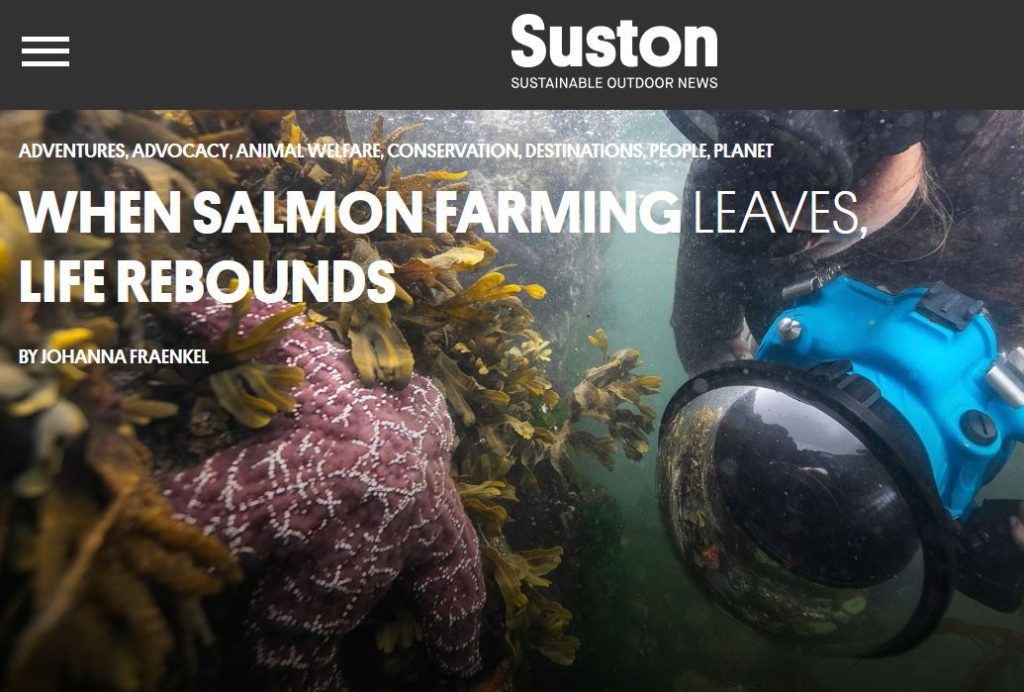 Lífríkið við Vancouver eyju í Bresku Kólumbíu á Vesturströnd Kanada hefur tekið heilbrigt stökk fram á við eftir að sjókvíeldisfyrirtækin byrjuðu að fjarlægja kvíar sínar. Skaðinn sem starfsemin hafði valdið var miklu meiri en fólk hafði órað fyrir.
Lífríkið við Vancouver eyju í Bresku Kólumbíu á Vesturströnd Kanada hefur tekið heilbrigt stökk fram á við eftir að sjókvíeldisfyrirtækin byrjuðu að fjarlægja kvíar sínar. Skaðinn sem starfsemin hafði valdið var miklu meiri en fólk hafði órað fyrir.
Í umfjöllun Suston Magazine segir:
After 35 years of battling for life in the pristine fjords of Vancouver Island in Canada, activists are finally seeing the fruits of their labor paying off. And now, there are promising signs of nature’s incredible ability to rebound in areas where salmon giants have been ousted. However, the fight is far from over, and new questions of the true scale of the destruction loom large.
…
‘Open net pen salmon farming violates natural laws’
For biologist Dr. Alexandra Morton, often referred to as “the Jane Goodall of the orcas,” the battle for the fjords began already in 1989, just a year after the first salmon farms appeared in the waters outside her window in the Broughton Archipelago on the east coast of Vancouver Island. …“What we’ve had to learn the hard way is that open net salmon farming violates natural laws. It’s a fact. One that we’ve been able to accumulate overwhelming evidence of over the years. The industry brings nothing but disease, parasites, extreme waste, microplastics, and petrochemicals. It’s a production system that completely disrupts the balance in a previously perfectly functioning ecosystem.”
Unfortunately, it soon became evident that the destruction would also not be “compensated” with new jobs. Instead, Alexandra Morton describes how the new industry would go on to destroy existing local jobs, as both the local fishing and tourism industries rely on a rich supply of wild salmon.
“The whales, the humans, the forest, everything is connected to salmon. They set their clocks by them. Even the old-growth forest depends on them: Salmon carry the nutrient Nitrogen 15 up the rivers, and you can actually track the salmon runs with the rings on the trees.”
“Salmon farming kills both wildlife, the fishing industry, and tourism. You simply can’t run a fishing company without catching fish, or a whale-watching company without seeing whales.” …
Wildlife makes a comeback
Just as the scale of the destruction caused by the salmon farming industry was unexpected, Mother Earth’s comeback since the open net pens disappeared has also been quite a surprise.“We did not know what to expect once the farms were gone, perhaps we had passed the point of irreversible damage. It has been amazing to see life coming back,” says Ernest Alfred, before continuing:
“We have a river not too far from here, Hada river, and during the salmon farming in the past years, we have been counting about 200 salmon in the entire river. This year the number reached 17,000. It’s all very exciting”
And like Ernest Alfred, Rolf Hicker and Alexandra Morton are also witnessing and celebrating the hard-fought comeback:
“The bears are visibly fat now, we have received an overwhelming number of herring and we have been able to document a 96% decrease in sea lice,” says Alexandra Morton.
“The orcas have not come back fully yet, but we have great hope. Basically, I’m seeing life, not death – it’s a wonderful feeling,” adds Alexandra Morton.
…
People have the power to change global problems
Fortunately, Vancouver Island activists are not alone, and around the globe, there are small and large action groups fighting for wild salmon. There are also initiatives experimenting with a more sustainable industry, such as land-based farms where waste, instead of being dumped directly into the sea, is used to grow organic salad.The message of the people trying to ensure the survival of wild salmon, is also relatively simple: Stop eating farmed salmon – seek knowledge and use your power.
“Inform yourself. We get so much false information – don’t just take the words of one or two people – find out for yourself,” says Rolf Hicker.
“Our nation has fought this monster – now we are asking everyone who loves nature to ‘join the salmon people,’” says Ernest Alfred.
“People often think they are powerless, but people are the ones who can stop this,” adds Alexandra Morton.
